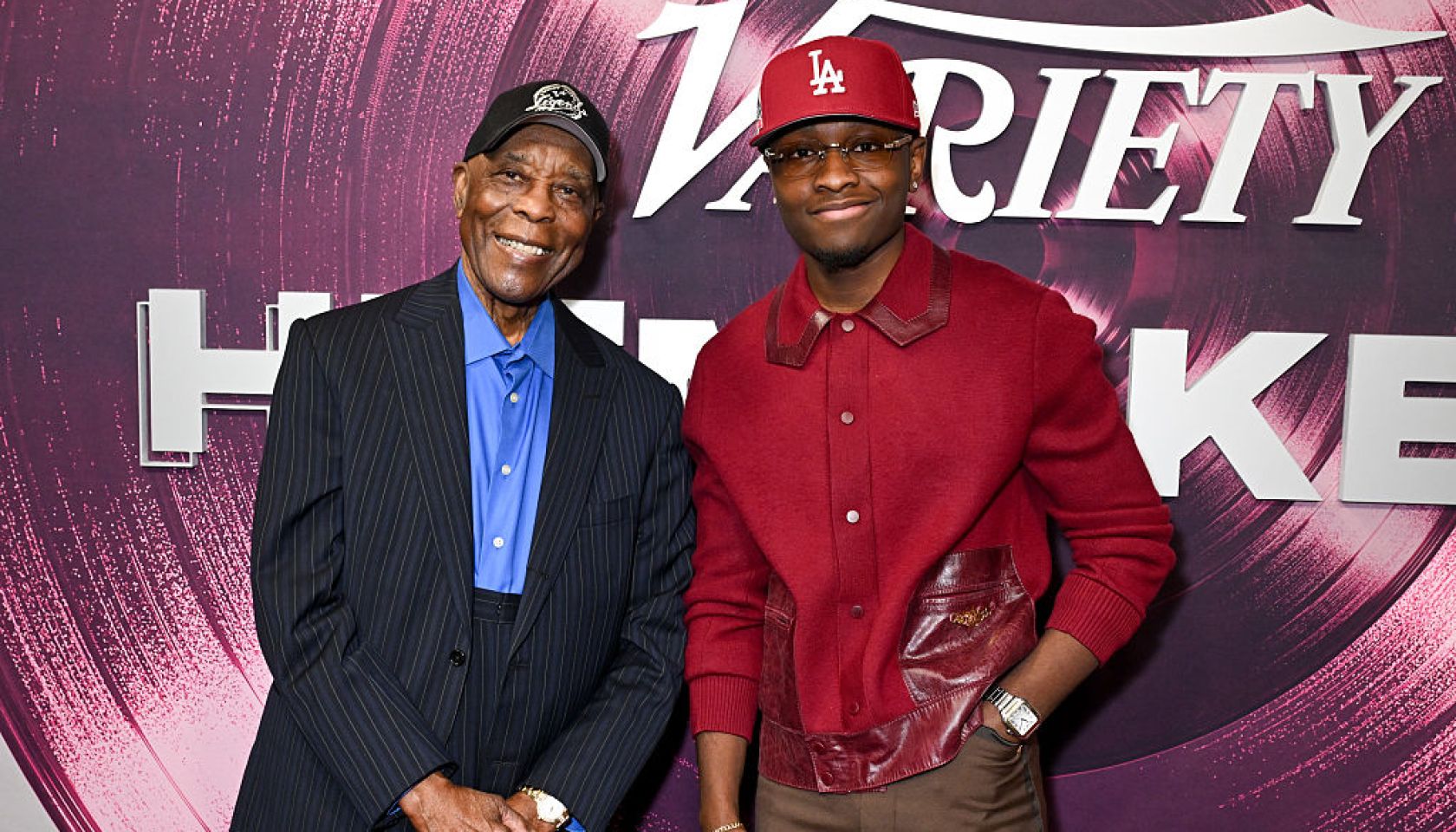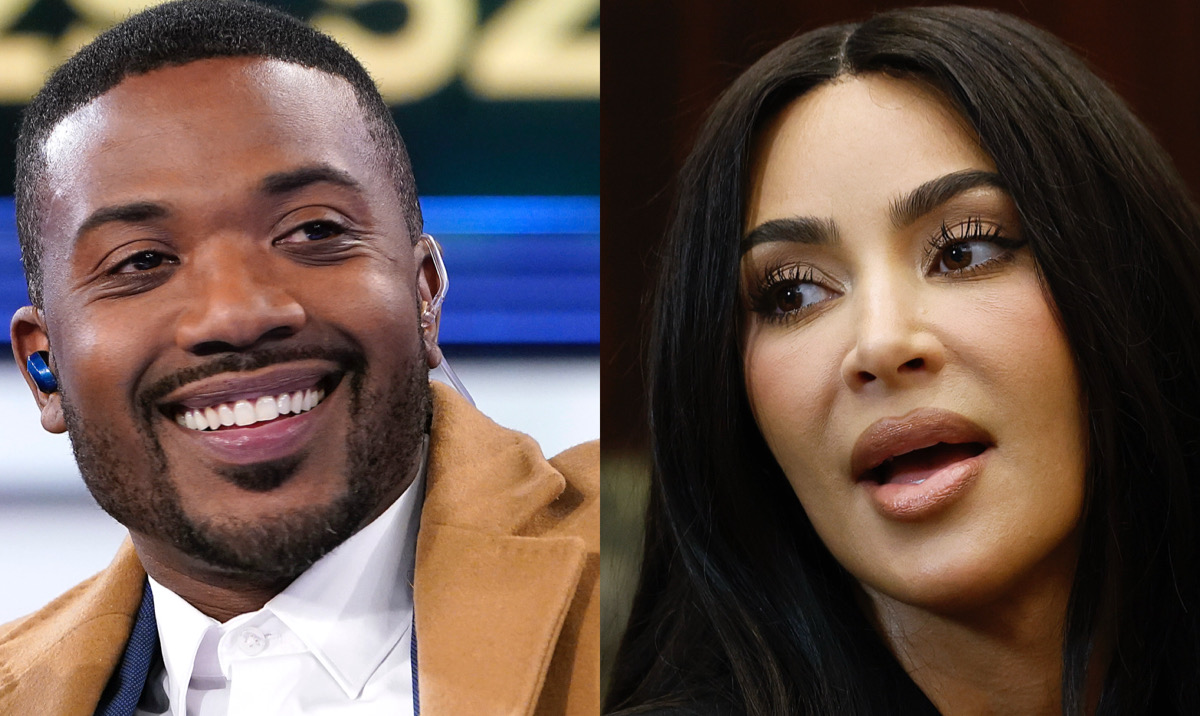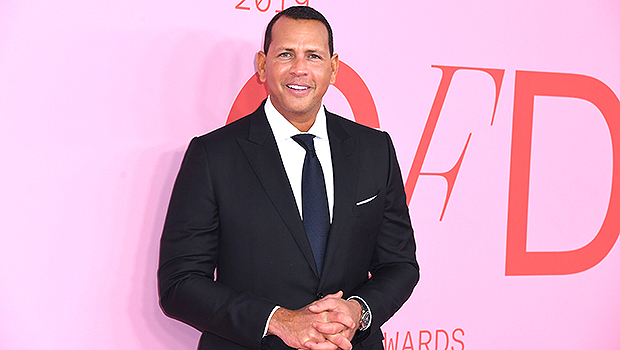
by Daniel Johnson
January 6, 2024
Time is slowly running out on the statute of limitations for crimes committed during the riot.
It’s been three years since rioters attacked the U.S. Capitol on Jan. 6, 2021. Since then, authorities have charged 1,265 people across 50 states and the District of Columbia. Of these charges, 460 people have been sentenced to incarceration, which Merrick Garland, the U.S. Attorney General, says is “one of the largest and most complex and resource-intensive investigations in our history.”
Of the 1,265 individuals charged, prosecutors have secured 718 guilty pleas, and 213 of those guilty pleas involved felonies involving assaults on federal officers, obstructing law enforcement, and seditious conspiracy. Some 171 others have been found guilty at trial or convicted. Even though 467 individuals have been sentenced to various periods of incarceration, hundreds of others have been sentenced for lesser offenses to either home detention or probation.
The harshest sentences have been reserved for leaders of white supremacist groups like the Proud Boys and the Oath Keepers. Enrique Tarrio, the leader of the Proud Boys, was sentenced to 22 years in September after being found guilty on charges of seditious conspiracy and other felonies. Stewart Rhodes, the founder of the anti-government group the Oath Keepers, was sentenced to 18 years in prison in May 2023 over leading the militia group during the Jan. 6 attacks.
The investigations, however, are far from concluded as officials are trying to track down more than 80 rioters whom they suspect assaulted law enforcement while the riot was occurring. Time is slowly running out on the statute of limitations for crimes committed during the riot; it expires on Jan. 5, 2026, the day before the fifth anniversary of the Capitol Riot.
As people remember the Capitol Riot and then-President Donald Trump’s role in the riot on social media, many, like Rep. Cori Bush say that it should disqualify Trump from another opportunity to be President. Bush posted on Twitter/X, “Three years ago today, myself, my staff, and every other member of Congress were on lockdown because the former white supremacist-in-chief incited an insurrection at the US Capitol. Donald Trump shouldn’t be allowed to run for dog catcher, let alone President.”
PBS Newshour spoke to one of the citizen investigators who has been helping the FBI put rioters behind bars. She spoke under a pseudonym, Sandy. Sandy said that she has been harassed by Jan. 6 rioters including one who sends her videos of him racking his gun.
Sandy, when asked, said there is no compensation for her and other citizens working for the FBI. “No. No. I haven’t gotten paid a dime. This is literally your friends, your neighbors, your fellow citizens dedicating their time, their money, and their energy in holding people accountable,” she said.
Sandy continued, “We have some that voted for Trump, and then after J6 were disgusted by it, because they took the peaceful transfer of power and just stomped all over it, literally. And then they called themselves patriots.”
Cynthia Miller-Idriss, the director of American University’s Polarization and Extremism Research and Innovation Lab, told PBS Newshour that there is not enough resources for any branch of law enforcement to deal with a mass movement of political extremism driven by mass misinformation or disinformation. “We don’t have the capacity in any law enforcement agency to handle a surge of political violence or hate-fueled violence when that — when it’s driven by misinformation that is believed by millions and millions of people,” said Miller-Idriss.
She continued, “It’s no longer just on the fringes when you’re talking about people in the mainstream spontaneously taking up violent action for a political goal. And I know everyone in my field is watching the year to come with a lot of concern. We put almost all of our eggs in the basket of Department of Justice and think that the security side of it will solve it. It has to be there, but so does the Department of Education and agencies that work with youths, that work with the elderly, that work with digital and media literacy.”






